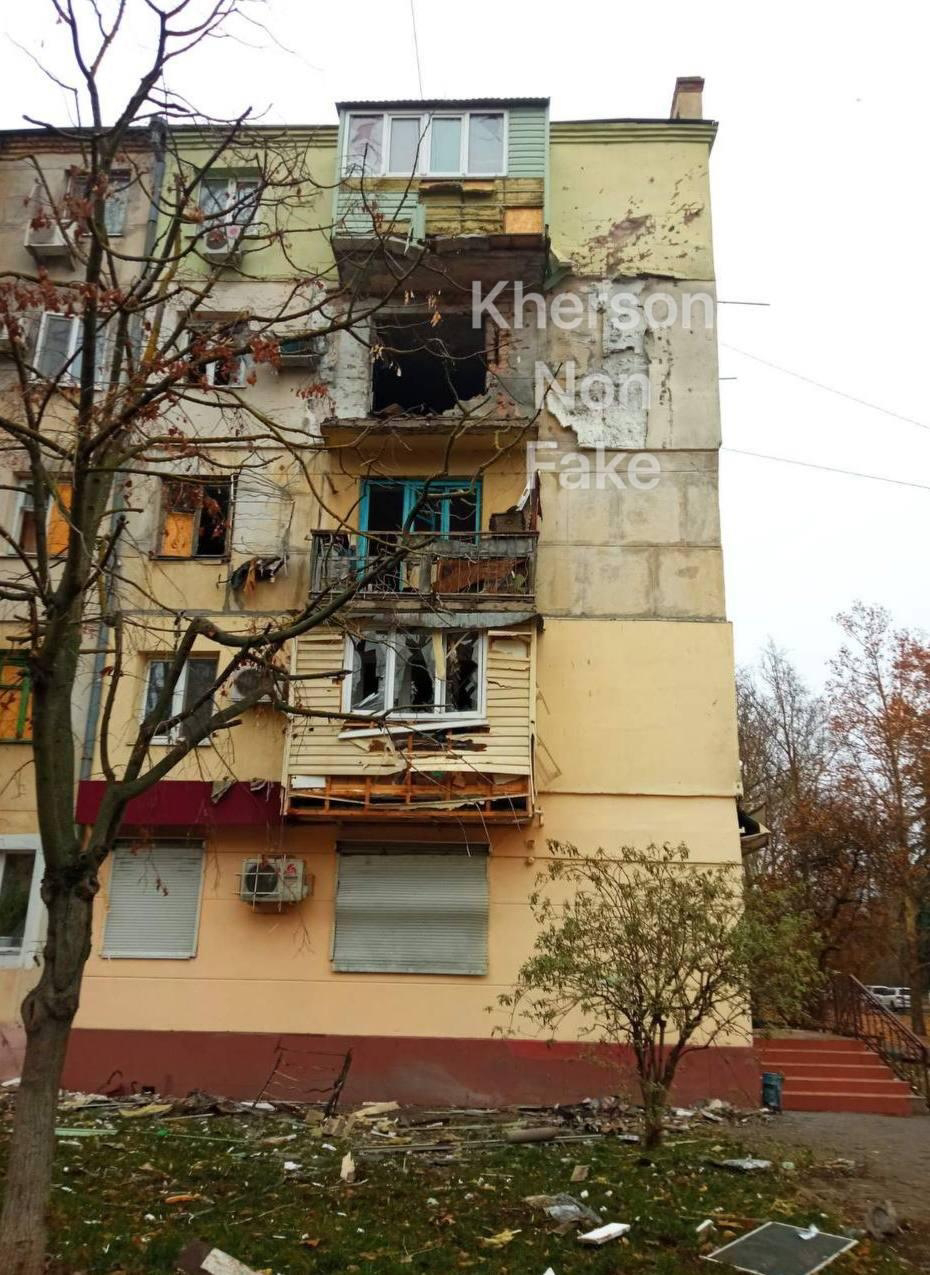Change of plan: "They are waiting for you in Sloboda"
The day started off, as planned. We said goodbye to Yana, with whom we stayed overnight near Kyiv. She and her husband self-fund huge amounts of aid for previously occupied and bombed villages near Chernihiv. We rely on Yana to tell us where the greatest need for aid is. She told us the name of a village that has not received any humanitarian aid yet, and so we arranged to take our van load of aid there tomorrow afternoon.
We drove north along the highway to Ivanivka, as always passing stark reminders of the initial Russian invasion and occupation of Chernihiv region: scores of kilometres of homes, petrol stations, shops, etc., reduced to rubble. Somehow, the blue sky and sunlight seemed to enhance the destruction, and we noticed things we hadn't seen previously: a burned out bus by the roadside, trees splintered and charred...Nature grows back quite quickly, but buildings take a lot longer and many are beyond repair.
Once in Ivanivka, we left some aid at the community centre to make room for some food aid shopping we planned to do that afternoon.
We couldn't find our main contact but there were lots of people around to help, including a cheerful old woman who jumped into our van to guide us to our next destination, the school. Here, we unloaded the English language and library books, which we'll distribute tomorrow. Again, we had lots of (younger) helpers. The children remembered us and said "Hello" in their best English.
Ala, the English teacher, offered to come with us to buy the food aid in Chernihiv. But just as we got on our way, we received a message: "They are waiting for you in Sloboda!" We have no idea why the people in this village, 5 or 6 km away, thought we were coming to see them or even how they knew we in the vicinity, but word must have got around. So we decided to take some of the aid to Sloboda, which was a journey down pot-holed roads, past houses devastated by shelling and mined fields; we even passed a mine that had exploded on the road.
When we reached our destination by the roadside in Sloboda, we were met by a woman who said that they actually needed the aid more about 8 km further on, in Buda. So we followed her truck down even bumpier, dusty roads. When we arrived in the small village of Buda, they really were waiting for us - a group of mostly older women, bicycles scattered around, which appeared to be the main form of transport. Few words were spoken as we unloaded what we could from the van, until one man started to tell Bob about his travels around Europe before the war. And a woman almost clung to me, in tears, saying that both her husband and her son are fighting in Bucha. It's impossible to say how much this affects us, but also how clearly people appreciate that they are not forgotten.
We then set off on our shopping trip to the city of Chernihiv, with Ala guiding us. Chernihiv was not accessible for several months after the Russian invasion as the main bridge over the large river Desna was blown up. But the Ukrainians have succeeded in an amazing engineering feat of building a pontoon bridge, whilst the main bridge is being reconstructed. It's a huge building project that has to be seen to be believed and, unfortunately, photos are not allowed, for obvious reasons.
Chernihiv is an impressive medieval city, only small (about 300,000 before the war, about 200,000 now) in population but very grand in scale, with wide boulevards, parks and impressive architecture. The main square is vast; the photos don't really do it justice.
Then there was the experience of shopping in a budget warehouse supermarket, but the most helpful shop assistants possible made it an almost pleasant experience. With our donations, we bought flour, sugar, condensed milk, tea, cooking oil, coffee, tinned meat and tinned tuna and tissues - 30 of everything - plus biscuits and sweets, and a large bag of dried dog food.
And, finally, Ala and her husband helped us to divide all the food into bags, ready to be distributed with the other aid to the village tomorrow.
There is very much more that I could say about today, including the kindness of Ala and her husband. Whilst they stay with neighbours, we are staying in their 'modular' house - a prefabricated, supposedly temporary, home besides the ruins of their once beautiful house, which they had only managed to buy 2 years before Putin's army blew it to smithereens. Insurance doesn't cover acts of war.
Ala made supper for us, and they stayed to eat with us and shared some of their experiences and fears (unfortunately few hopes, as yet) for the future.

















Comments
Post a Comment